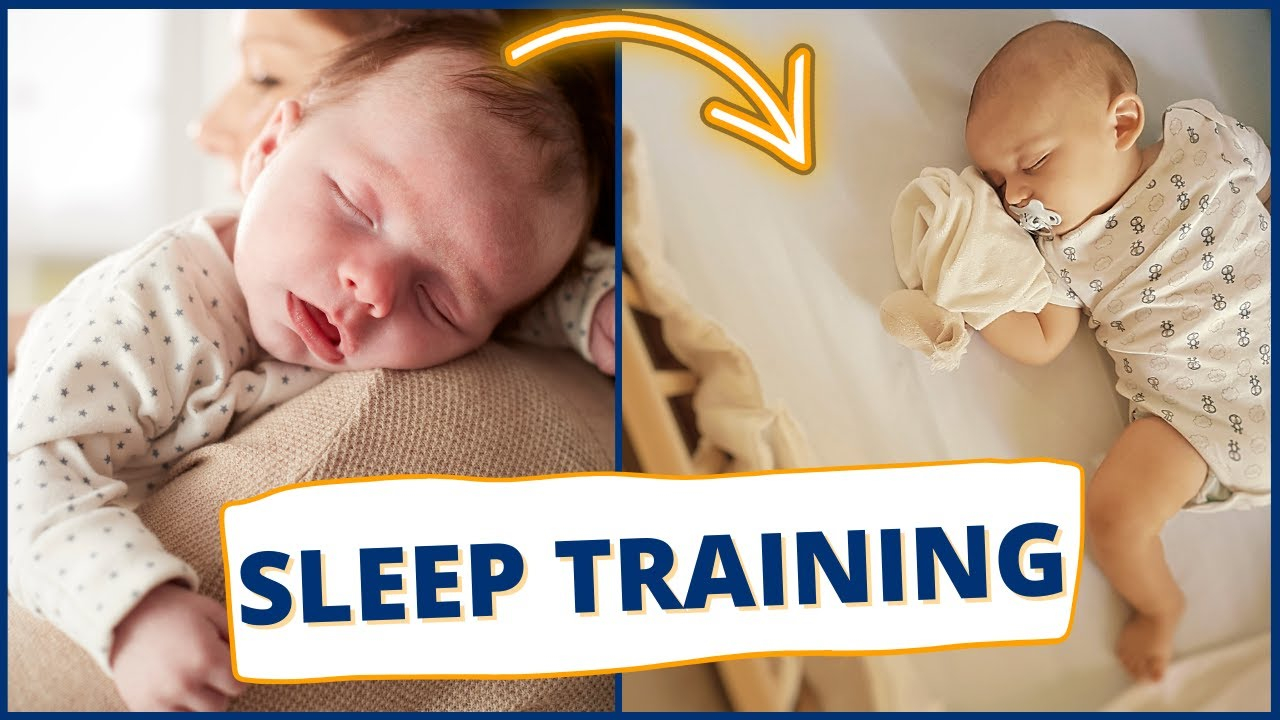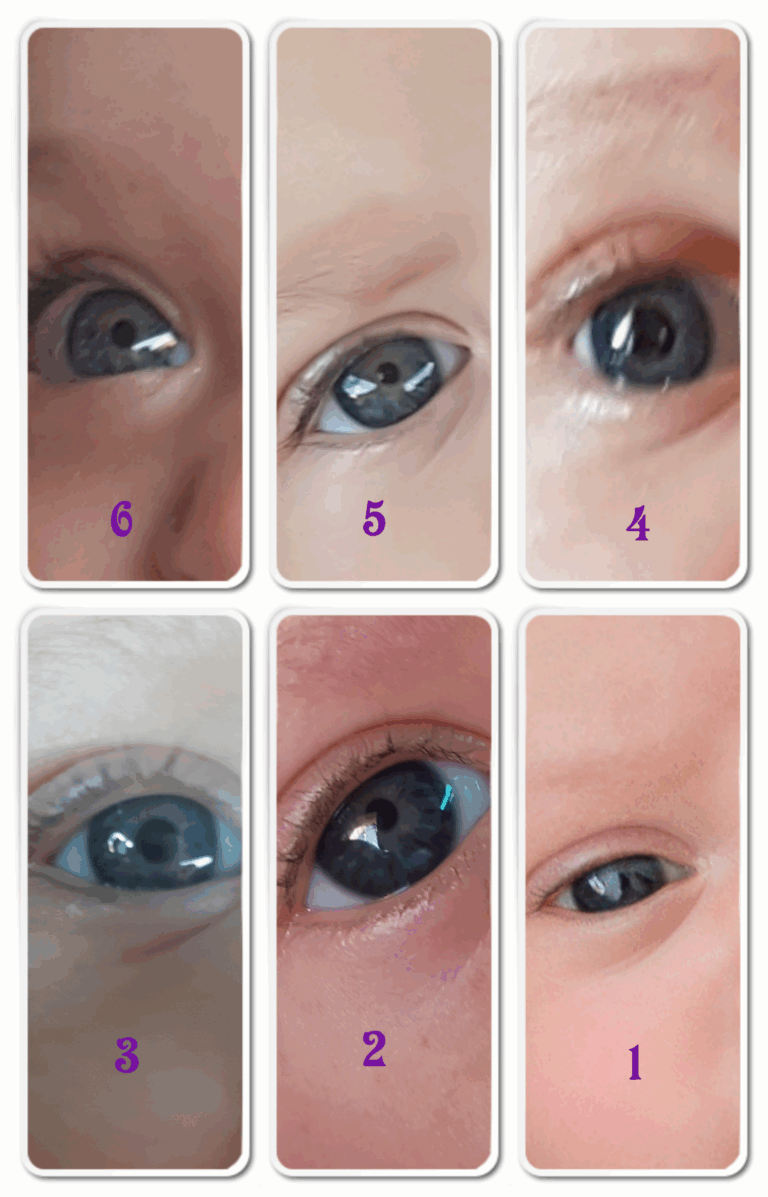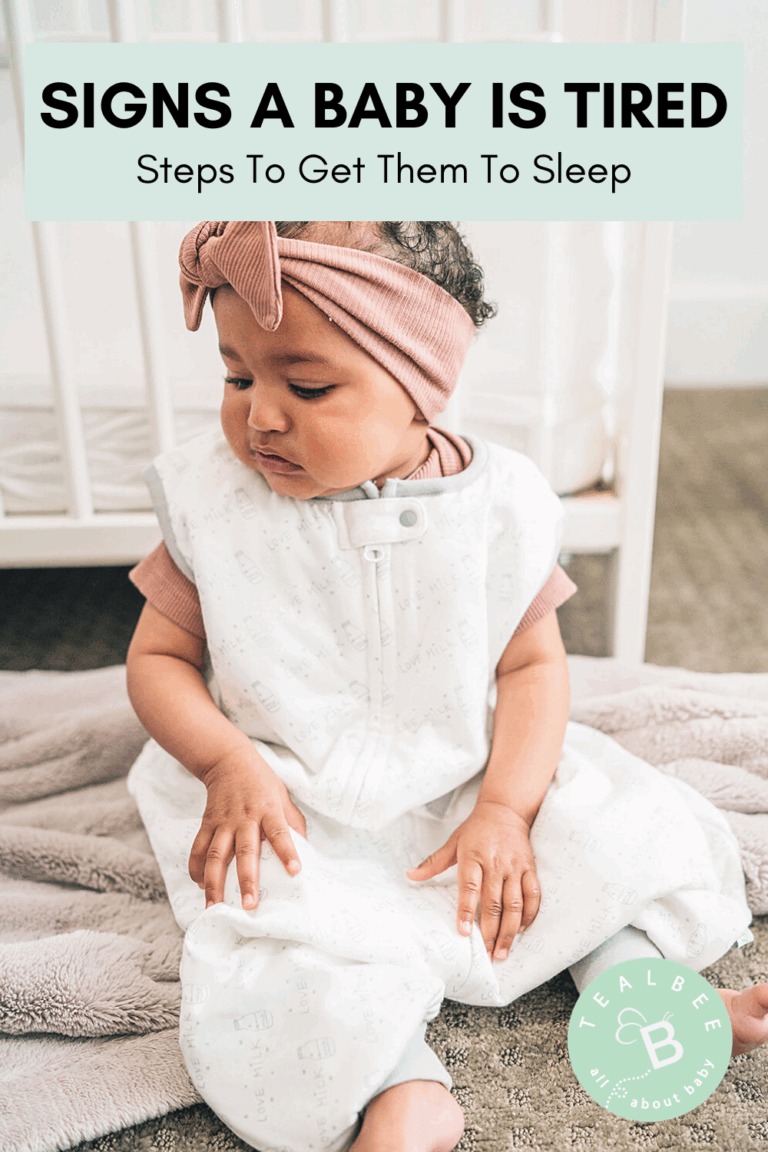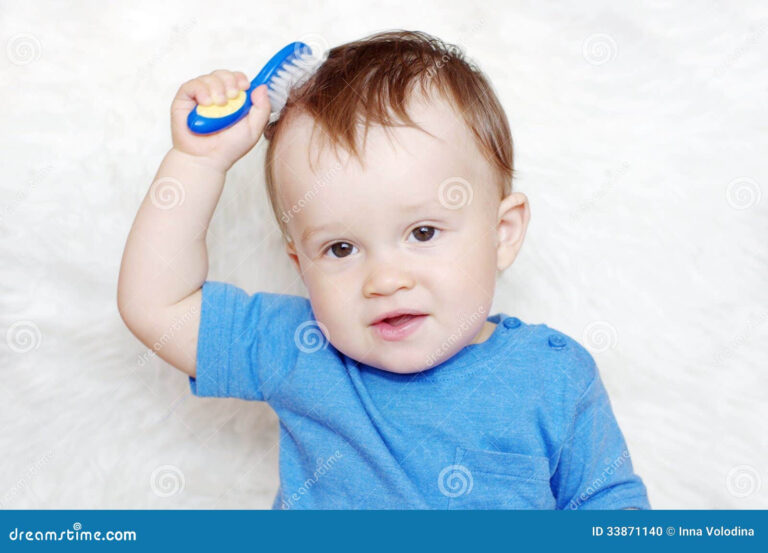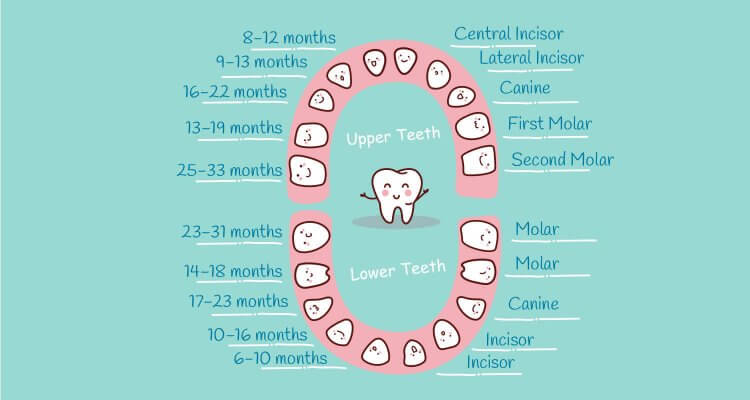How To Teach Baby To Fall Asleep Independently
Are you struggling to get your baby to fall asleep on their own? Teaching a baby to fall asleep independently is a common challenge for many parents. In this article, we will explore effective strategies and tips to help your baby learn the skill of falling asleep without needing to be rocked, nursed, or held. By following these methods, you can establish healthy sleep habits for your baby and promote better sleep for the whole family.
Knowledge
When it comes to teaching your baby to fall asleep independently, there are a few key factors to consider. First and foremost, it’s important to establish a consistent bedtime routine. This routine can include activities such as a warm bath, reading a story, or singing a lullaby. By following the same routine each night, you can signal to your baby that it’s time to wind down and prepare for sleep.
Another important aspect of teaching your baby to fall asleep independently is creating a sleep-friendly environment. Make sure the room is dark, quiet, and at a comfortable temperature. Consider using white noise or a sound machine to drown out any background noise that could disrupt your baby’s sleep.
It’s also crucial to pay attention to your baby’s sleep cues. Look for signs of sleepiness such as rubbing their eyes, yawning, or becoming fussy. By putting your baby to bed when they are drowsy but still awake, you can help them learn to soothe themselves to sleep.
When your baby wakes up in the middle of the night, resist the urge to immediately pick them up. Instead, give them a few minutes to see if they can settle themselves back to sleep. If they continue to cry, you can offer gentle reassurance by patting their back or speaking softly to them. Over time, your baby will learn that they can fall back asleep on their own.
Conclusion
In conclusion, teaching your baby to fall asleep independently is a process that requires patience, consistency, and compassion. By establishing a bedtime routine, creating a sleep-friendly environment, and responding to your baby’s sleep cues, you can help your little one develop the skills they need to self-soothe and sleep through the night.
This article is ideal for parents who are looking to improve their baby’s sleep habits and promote healthy sleep patterns. By following the tips outlined in this article, you can help your baby learn the valuable skill of falling asleep independently, leading to better sleep for the whole family.
Remember, every baby is unique, and it’s essential to find a method that works best for your child. With time and consistency, you can help your baby develop healthy sleep habits that will benefit them for years to come.
